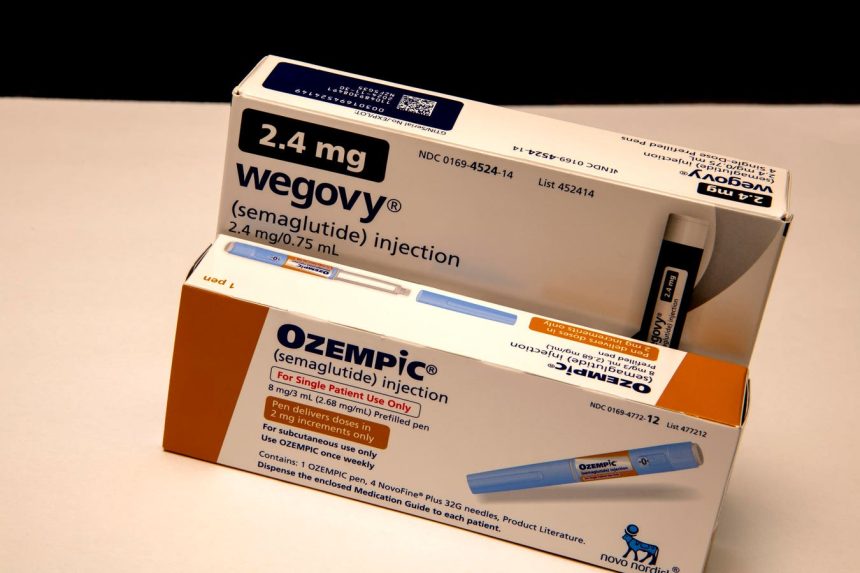The prevalence of obesity in the United States has reached alarming levels, sparking discussions about its causes, consequences, and potential solutions. The Centers for Disease Control and Prevention (CDC) classifies over 70% of the American population as overweight, with a significant portion, around 40%, falling into the obese category. This widespread issue has captured public attention, reflected in the prominence of weight loss discussions in popular culture, such as jokes about weight loss drugs at the Golden Globes, and the high ranking of weight loss as a New Year’s resolution. Public opinion polls provide valuable insights into how Americans perceive their own weight, the nation’s evolving understanding of obesity, and the emerging role of pharmaceutical interventions in weight management.
A recurring theme in public opinion surveys is the desire among Americans to lose weight. Consistent polling data from organizations like Gallup and Pew Research Center reveals a significant portion of the population, typically over 50%, expressing a desire to shed pounds. This enduring trend, observed consistently since the late 1990s, contrasts with earlier periods where maintaining weight was the primary goal. While a smaller percentage actively engage in weight loss efforts, around a quarter according to Gallup, the pervasive desire to lose weight highlights the societal emphasis on achieving and maintaining a healthy weight.
The public’s understanding of obesity has undergone a dramatic shift over the decades. Data from the Roper Center at Cornell University illustrates a growing awareness of the health risks associated with excess weight. While in the mid-20th century, only a small fraction of the population recognized the link between being overweight and heart disease, by the early 21st century, this awareness had become near-universal. Similarly, the recognition of obesity as a broader health risk, initially limited, has expanded significantly, fueled by public health campaigns highlighting its connection to various health problems. By 2013, obesity ranked among the most urgent health concerns, surpassing even cancer in some surveys, demonstrating a profound shift in public perception.
The rise in obesity awareness has coincided with the emergence of a robust health and fitness industry, offering a range of tools and technologies for weight management. The adoption of fitness trackers and health apps has surged, with Gallup data showing a notable increase in usage over the past five years. This indicates a growing trend towards self-monitoring and data-driven approaches to health and fitness, reflecting a proactive approach to weight management and overall well-being. The increasing availability and accessibility of these tools empower individuals to take control of their health and track their progress towards weight loss goals.
The introduction of new weight loss drugs, such as Ozempic, Wegovy, and Mounjaro, has further intensified the conversation surrounding weight loss. These medications have garnered significant public attention, with a majority of Americans reporting awareness of them, according to the Kaiser Family Foundation. While a relatively small percentage have personally used these drugs, their emergence has sparked discussions about their role in addressing obesity. Notably, a significant portion of those using these medications report doing so for both weight loss and the management of related health conditions like diabetes or heart disease. This highlights the complex interplay between weight and other health factors, and the potential of these drugs to address multiple health concerns simultaneously.
Public opinion on these new weight loss drugs remains nuanced. While there is general support for their use in treating health conditions related to obesity, there is less enthusiasm for their use solely for weight loss in individuals without underlying health issues. This division of opinion likely stems from differing perspectives on the nature of obesity itself. Some view it as a complex chronic disease requiring medical intervention, while others attribute it primarily to a lack of self-control. This difference in perception influences attitudes towards pharmaceutical interventions, with those emphasizing personal responsibility being less likely to view drugs as a primary solution. Furthermore, public expectations regarding the impact of these drugs on the overall obesity epidemic remain tempered, with only a minority believing they will have a substantial effect on reducing obesity rates. This suggests that while these drugs are seen as a potential tool in weight management, they are not viewed as a panacea for the complex societal problem of obesity.



